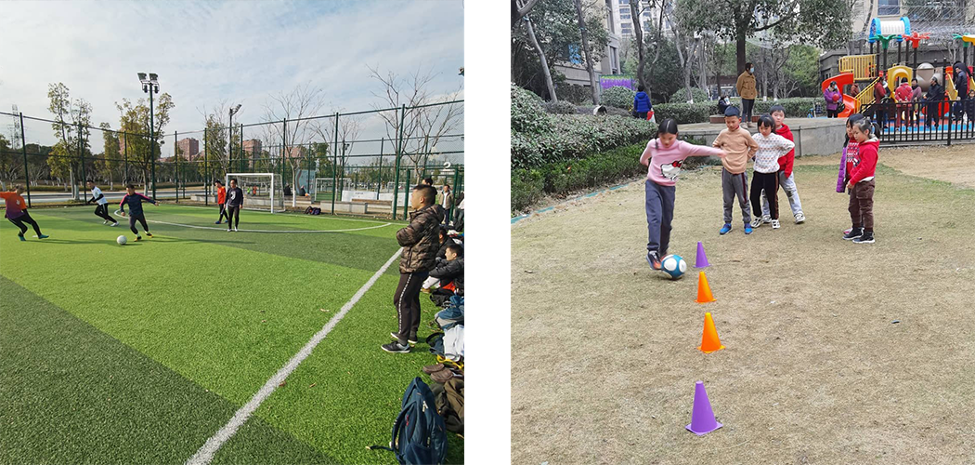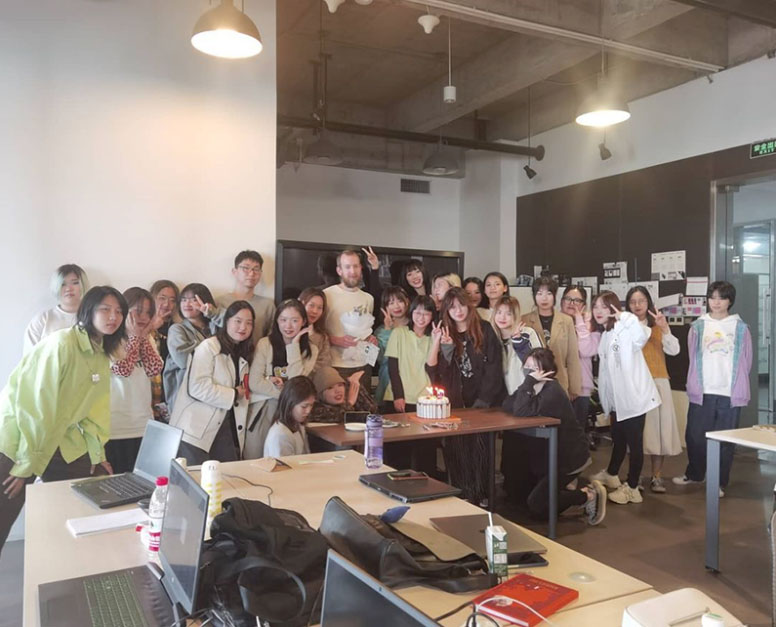Name: Jaap Grolleman
Country of Origin: Netherlands
Time Spent in China: 3+ years
Occupation: Marketing Director
I’m writing this article while I have just started reading Peter Hessler’s Oracle Bones.
Hessler writes about the students of his English class in Sichuan, a trader who he meets in Beijing, and other Chinese people in the early 00s.
Actually, Hessler’s book is one in a long list of books written by white men who have written about the people they’ve met in China, such as ‘Wish Lanterns’ from Alec Ash, ‘Age of Ambition’ from Evan Osnos, ‘Street of Eternal Happiness’ from Rob Schmitz, and ‘Young China’ from Zak Dychtwald.
But Hessler’s book in particular is oozed in nostalgia and beautiful prose. And I envy him being in those places in China in that time.
But then I realized there is no need for that. I have lived in China for three years now (and I hope for much longer), and in those three years I’ve lived more stories than three years normally would justify.
Sure, Sichuan isn’t the same nowadays (I wonder if Number Ten Village of Double Dragon Township still exists), and I don’t think Beijing has many restaurants left where they cool the beers underneath a manhole cover in the road. But my 2018, 2019, 2020, and 2021 have equally brought fascinating peculiarities — even though they’ll be more clear in the future when looking back. And hey, maybe Hessler himself was hoping he was in China twenty years earlier as well.
Reading Oracle Bones reminds me of this point. And it also reminds me that you need to actively search those stories, you need to actively make China your home: Hessler made himself fluent in Chinese and documented places and people before being a paid as a journalist.
It’s worth saying this, because the opposite is much easier. In Shanghai, life as an expat is easy. Downtown comes with high salaries and you can get by just by speaking English or pointing at pictures in menus. Any service you want, from takeaway to insurance, has (overpriced) alternatives in English. You don’t need to make friends with non-English speaking Chinese people (or with Chinese people at all) and you’ll still have enough people to leave likes on your WeChat Moments. You can wear sunglasses and noise-cancelling headphones to blur out all the rest that China has to offer.
Learning Mandarin is hard — I’ve taken over 500 class hours learning the Chinese language at GoEast Mandarin — but it’s necessary as I don’t believe you can ever fully understand a culture if you do not speak the language — because your group of friends will be too selective, and all your knowledge about China is second-hand, as you rely on websites or books.
And it’s not just language. Integrating in local life takes effort. To be honest, I too still watch the Dutch news and other media from The Netherlands, because that is the culture which tethers me to the world. And I love European-style bread more than many Chinese types of breakfast. But I have made an active strife to integrate. Maybe part of it is automatic, because curiosity draws me out, but I still need to make the conscious effort to get out during the weekend.
So now I play football with the neighbors and learned a dozen Chinese curse words. I’ve met Eva and her daughter Chloe, and I’ve taught Chloe and her friends some football lessons in the compound that I live in.

And like Hessler, I taught several classes of students, albeit marketing instead of English.

I spoke to a Chinese Muslim in Suzhou about the last mosque in Suzhou, I lived on a farm in Chongming Island, and talked myself into a Buddhist temple that was under construction. Chen proudly showed me his grapes in rural Nantong, and I spoke with factory workers in Songjiang.

And I’m completely comfortable with the Chinese people in the changing room of the swimming pool. I’ve shared with them the fears of the novel virus when it surfaced in January last year. Heck, I even donated blood which now probably flows through a Chinese person.
All in all, I can honestly say, I have made China my home.
Read all the unique stories by expats in China here.
To have your China story featured, click here.
Stories will be shared in English on our LinkedIn page, Instagram and Facebook page. Bilingual stories will be shared on our WeChat account mts_cn. Remember to like and share your favourite one!
